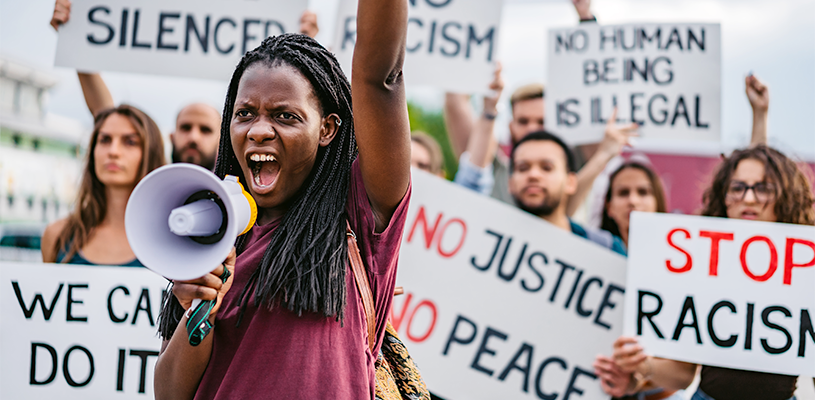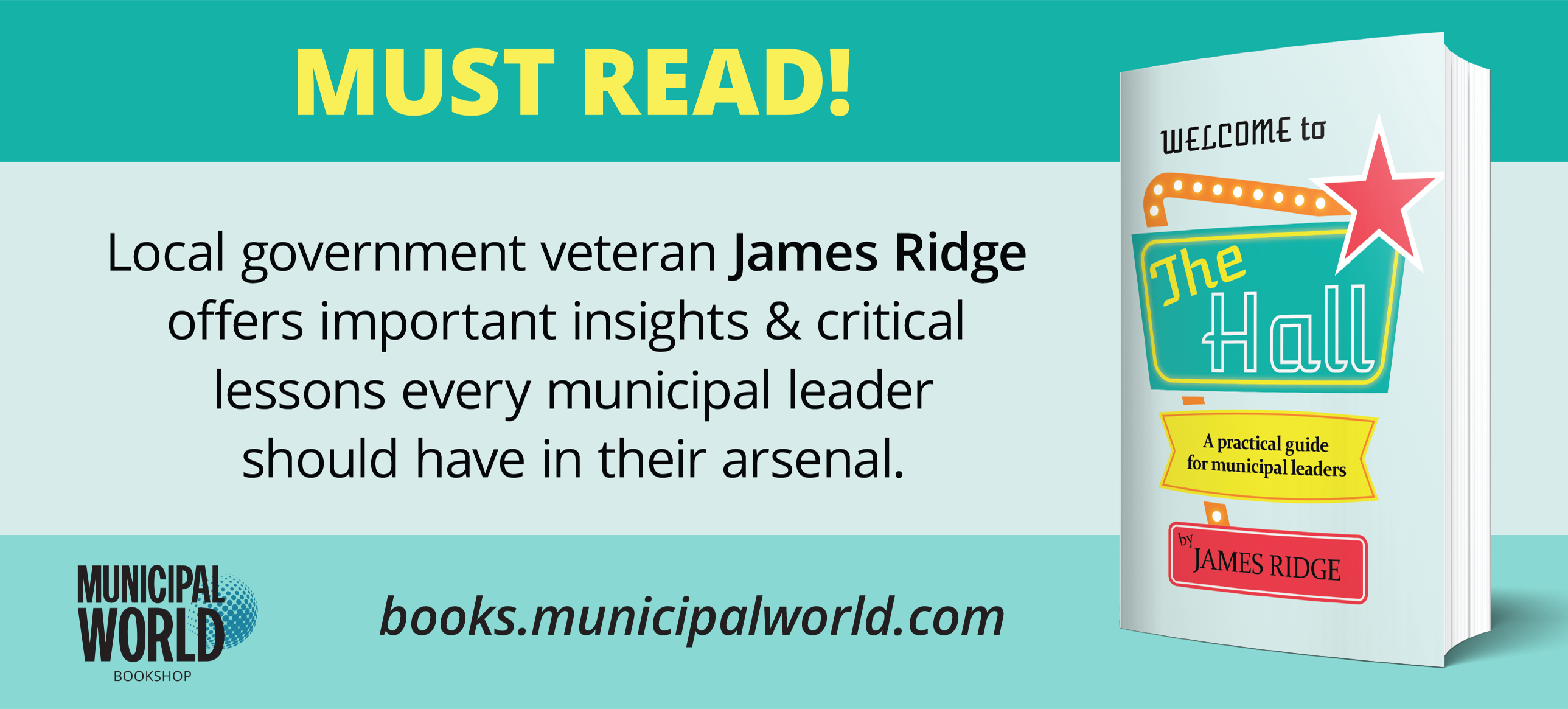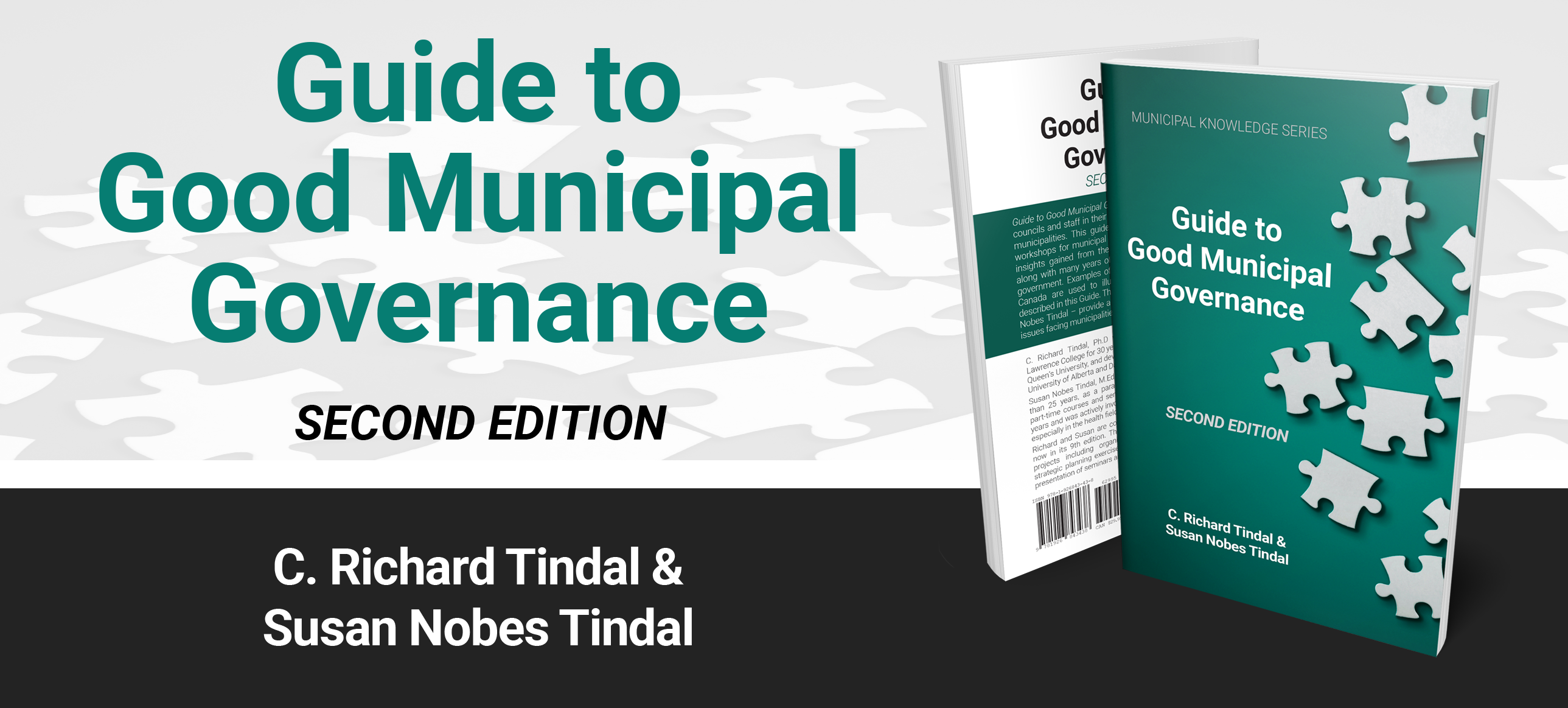FCM, race relations foundation partner to advance anti-racism, equity, and inclusion

The national voice for municipalities and the country’s leading agency in the elimination of racism are partnering up.
The Federation of Canadian Municipalities (FCM) and the Canadian Race Relations Foundation (CRRF) recently announced that they were teaming up to champion anti-racism, equity, and inclusion across the country. Mohammed Hashim knows all too well how daunting this effort sounds. Hashim is the CRRF’s executive director. He sees this collaboration as being the right tool for the job.
“The opportunity is incredibly alive amongst leadership – municipal leadership – across this country. Probably more so now than I’ve ever seen before,” Hashim said. “What we really recognized in our conversations with the FCM is that the political leadership across municipalities are now treating this as a priority. This work over a number of years, what we’re finding is that every community is trying to figure out what to do locally. And what they could really also steal from others who are already doing it well.”
Hashim said that one goal is to connect people and build relationships across municipalities. The hope is to also create a community of practice that municipal leaders can lean on for support. This collaboration intends to identify effective approaches in facing systemic racism. As well, it will explore the barriers and opportunities for greater collective action. This could include national mobilization to advance these objectives.
The early days of the partnership saw critical conversations shared at the recent Anti-Racism, Equity and Inclusion Forum on May 11. A related session is to take place at the upcoming FCM annual conference. During the conference, CRRF and FCM will help create opportunities for municipal leaders to share best practices. They will also highlight successes and discuss how to overcome barriers to progress.
Municipal Voices Strive for Change
Municipalities don’t like to reinvent the wheel if they don’t have to. With that in mind, Hashim said that there are many pilot projects underway across Canada. These efforts all focus on equity, diversity, and inclusion (EDI).
Some of them, Hashim said, are more successful than others. Even so, he is quick to add that it’s good for local governments to look at different models so they can compare various perspectives. Following these conversations, officials can team up to discuss what works and what can be done better.
“Lots of municipalities have operated in the same way that they’ve operated for a very long time. Some of those practices are amazing and some of those practices have created systemic racism,” Hashim said. “It’s time that we start scrutinizing some of those practices internally, amongst municipalities, and find ways to address them. How can we learn from each other? I think that’s what we’re doing.”
FCM has long held that everybody should live free from racism, systemic oppression, and racialized violence. Also, freedom should permeate every aspect of daily life in municipalities. This includes where people live, work, attend school, and raise families. Unfortunately, pervasive systemic racism and injustice continues. This is especially true for Black, Indigenous, and other racialized people.
Both organizations are committed to building better lives for everyone in Canada.
“As a national federation, FCM has both responsibilities and opportunities to drive change,” said FCM CEO Carole Saab. “This partnership can fuel progress in our communities. Our hope is that this will result in key outcomes and opportunities for future collaboration to advance anti-racism, equity, and inclusion across municipalities in Canada.”
Equity, Diversity, and Inclusion
The FCM-CRRF partnership brings focus and resources to the advancement of anti-racism, equity, and inclusion. Looking ahead, FCM and CRRF seek to create spaces for collaboration among staff leaders across the country. They are also exploring tangible ways to support concrete actions on the part of local governments.
Iman Mohamed is FCM’s director of policy and research. She said that the partnership with CRRF can fuel progress on EDI issues. The hope is that this will lead to opportunities for advancing future anti-racism and inclusion initiatives.
“We’re just at the beginning of what what’s possible with this partnership. It brings focus and resources to this work of advancing anti-racism and equity on the municipal government stage,” Mohamed said. “We’ve got an ambitious objective to work together and create spaces where municipal practitioners and political officials can exchange and collaborate among municipalities across the country.”
Mohamed said that in the short term, FCM’s goal is to explore effective EDI approaches. But there is also a commitment to understanding and identifying the barriers to concrete action.
The partnership is in its beginning stages. As such, Mohamed said that it can be difficult to establish metrics around what success looks like, but it was discussed during the May workshop and will be again at the FCM conference. Mohamed is quick to add that the annual conference is an opportunity to hear directly from members. They can help FCM, she said, identify and spotlight where success have been created.
“Ultimately, FCM understands that we have a responsibility to do our part and to drive change. We’re shooting high. I think our goal is to advance this work at the municipal level. And our partnership with CRRF is really a way to do that and to amplify and focus that work,” she said. “We’ll see where this takes us. But we’re hopeful that we’ll be able to drive the change and ensure that we’re working toward that ultimate goal that everyone should live free from racism, systemic oppression, and racialized violence.”
Local Solutions Build Future Success
Mohamed lauds the efforts of CRRF and said FCM is excited by the opportunities presented by the partnership. She also added that CRRF’s EDI efforts have “laid the foundation in the work that they’ve done.” And so, in partnering with CRRF, Mohamed said that FCM sees an opportunity to amplify both their work, and that of CRRF.
It was a point that Hashim shares from the CRRF perspective.
“The reality is there are obviously major systemic racism problems. This is across legal systems, and criminal justice systems, and correctional services, and CRA. Wherever you might want to look at. But I honestly believe that some of the best solutions to address racism come locally,” Hashim said. “I’m excited to see how municipalities take up this charge. How they address racism in really thoughtful and meaningful ways because of the proximity to their residents, and the closeness that they hold.” MW
✯ Municipal World Insider and Executive Members: You might also be interested in Lauren Bernardi and Hannah Tarr’s article: Understanding and achieving diversity, equity, and inclusion.
Sean Meyer is Senior Content Editor for Municipal World.
Related resource materials:



